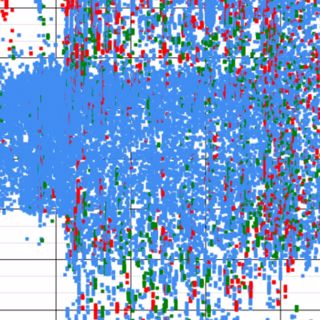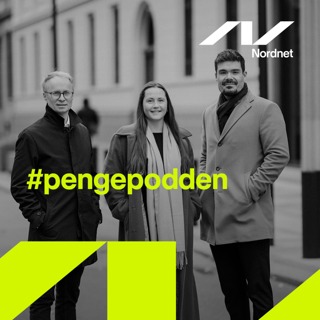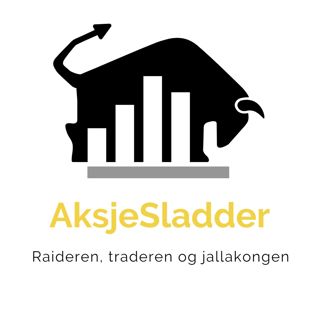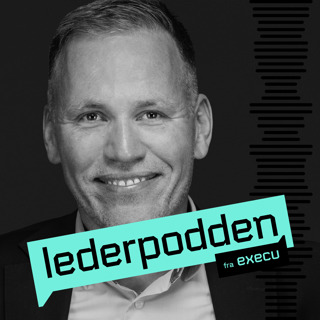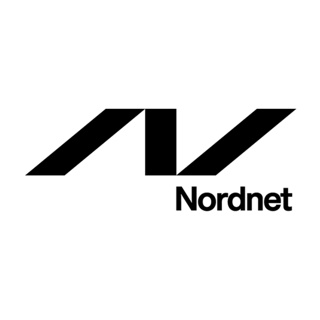
a16z Podcast: Mapping the Information Economy -- Where’s the Cloud Going Next?
a16z Board Partner Steven Sinofsky and Box CEO and co-founder Aaron Levie discuss findings from a study of the information economy that has been built on cloud and mobile. The findings were based on workflow data collected anonymously from a subset of 25 million users, 225,000 businesses, and five industries (you can see the report here: http://blog.box.com/2014/06/mapping-the-information-economy-a-tale-of-five-industries/). It all amounts to big shifts in enterprise IT. But what are the implications of these findings for everyone’s business ... beyond Silicon Valley and the software industry? And finally -- shared in a live brainstorm at the end -- what’s the future of the cloud?
13 Jun 201417min

a16z Podcast: The Promise (and Nightmare) of Cross-Platform Software
The announcement by Apple of its new programming language Swift is prompting developers to consider yet again how to tailor their efforts in the battle between iOS and Android. Benedict Evans and Steven Sinofsky discuss the questionable history of cross-platform software, and strategies for startups building apps today. How developers can build great apps on both of the largest mobile platforms. This platform question is one Sinofsky has been grappling with for a very long time, and which he also details in this post: http://blog.learningbyshipping.com/2013/07/08/juggling-multiple-platforms-and-the-bumpy-road-ahead/
6 Jun 201416min

a16z Podcast: The Apple WWDC 2014 Deep Dive
Benedict Evans is a veteran of Apple’s big events and puts all the announcements and demos into one of three categories: 1) all the cool incremental improvements to the Apple operating systems; 2) the tent-pole features that Apple likes to build marketing campaigns around; 3) and finally, the fundamental strategic moves by Apple that serve to push the company ahead of the competition. With help from Andreessen Horowitz technical talent partner Dave Jagoda, this segment picks apart all three categories.
3 Jun 201423min

a16z Podcast: You Just Thought You Were Building a Software Company. It's a Community.
For Jim Gilliam, the founder of NationBuilder, community is everything. When he needed a double lung transplant, Gilliam turned to the Internet and to his online community to make it happen. He's organized political campaigns, made documentary films, and built his company NationBuilder by tapping into the power that large scale communities on the internet provide. Community at internet scale is a deep reservoir of people, ideas and yes, money, that Gilliam believes changes how we do almost everything - and makes almost anything possible.
30 Mai 20149min

a16z Podcast: Bending Every Pixel to Your Will -- Optimizely and the Next Wave of Internet Tools
Optimizely is a superb example of the democratization of software development. You don't need an engineering degree to fire up Optimizely and start testing how design changes on your website -- down to the pixel level -- affect things like time on site, closing sales, navigation, etc. The a/b testing Optimizely offers is just one example of a new wave of tools born of the internet, and designed for how people work, shop, research and entertain themselves online. Andreessen Horowitz's Scott Weiss, who is taking a seat on the Optimizely board following a16z's recent investment, a16z Partner Tom Rikert, and Optimizely co-founder Dan Siroker discuss the next wave of internet tools, where entrepreneurs are headed next, and how virtually anyone can avail themselves of this technical brawn.
20 Mai 201420min

a16z Podcast: The Two Big Problems With Thomas Piketty’s “Capital in the Twenty-First Century”
“At a moment of great concern about inequality, now comes a learned tome proclaiming the gravity of the inequality problem,” says Larry Summers in a conversation with Andreessen Horowitz’s Balaji Srinivasan. “It’s a stunning thing, and it must reflect positively on the growing intellectualism of the society that a book like that could be a best-seller.” But that doesn’t mean Piketty got it right, adds the former Secretary of the Treasury and current a16z special advisor. Summers describes the two big problems he sees with Piketty’s argument, and how the forces of technology and globalization are better lenses through which to view and explain income inequality.
15 Mai 201415min

a16z Podcast: Demystifying Venture Capital
What do venture capitalists actually do all day? And what is the path that leads to a career investing in startups? Hummer Winblad’s Ann Winblad, Cowboy Ventures' Aileen Lee, Aspect Ventures' Theresia Gouw, Intel Capital veteran and UPWARD founder Lisa Lambert, and Andreessen Horowitz’s Margit Wennmachers discuss VC trends, the importance of technical chops, and how to build the next generation of entrepreneurs and investors. And finally, in front of an appreciative crowd attending the UPWARD event at a16z, Ann Winblad reveals the secret to truly kicking ass.
2 Mai 201437min

a16z Podcast: When Your PC Expires, What's Next?
Computing is in the midst of a transformation that puts your future device purchases up for grabs. It’s a safe bet that everyone will have a phone, and as the last holdouts switch over, that will inevitably mean a smartphone. But when your PC finally gives up the ghost, are you going to buy another PC? Perhaps a tablet? Or will another large screen device –a really big phone - be the ticket? Maybe just get all three? Benedict Evans and Steven Sinofsky discuss why laptops and tablets are competing for the same customers, and why it’s never wise to defend any form-factor to the death.
30 Apr 201416min
